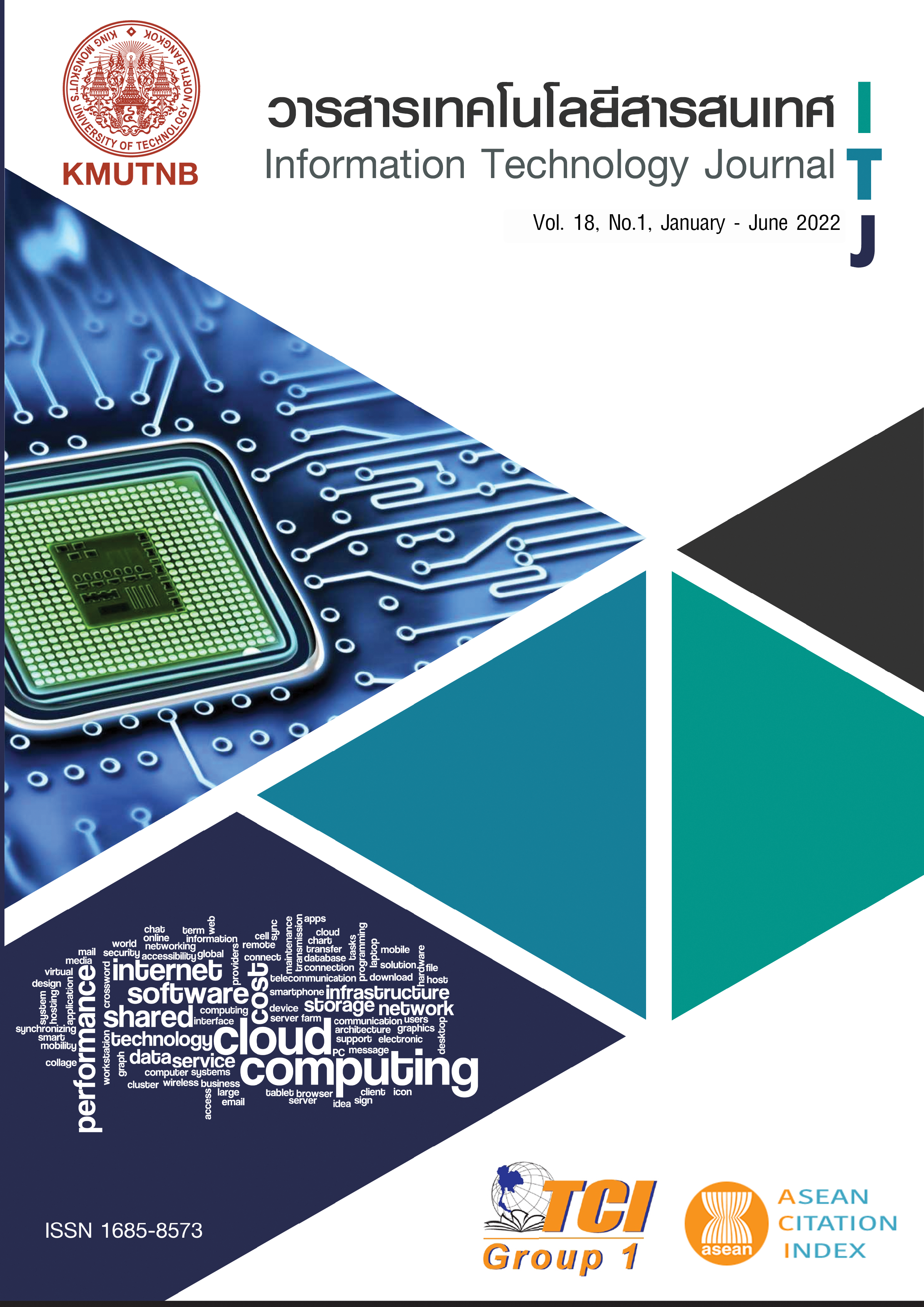Technical Skills-Based Team Formulation in Scrum Software Development and Its Impact on Programming Skills in Entry-Level Software Developers
Main Article Content
Abstract
Modern software development principles are fast-paced, collaborative tasks that focus on real working software to meet deadlines called “feature-driven.” Scrum is the most popular modern software development tool. Nevertheless, team members are key success factors for software development. This research studied team formation based on the technical skill of each team member and its impact on programming skills in entry-level software developers. In this experiment the relationship between practical examination scores and team formation configuration could not be confirmed with a statistical significance of 0.05. However, team formation with a high percentage of technical skill members (60 - 90 percent of the total members in a team.) had the worst results.
Article Details

This work is licensed under a Creative Commons Attribution-NonCommercial-NoDerivatives 4.0 International License.
References
A. Cockburn, and J. Highsmith. “Agile Software Development: The People Factor”, Computer, Vol. 34, Issue 11, pp. 131-133, 2001.
M. Ardis et al. "SE 2014: Curriculum guidelines for undergraduate degree programs in software engineering.", IEEE Comput, Vol. 48, No. 11, pp. 106-109, November, 2015.
C. Tan, and H. Teo, “Training Future Software Developers to Acquire Agile Development Skills.”, Communication of The ACM, Vol. 50, No. 12, pp. 97-98. 2007.
R. J. Wirfs-Brock. “Designing with an Agile Attitude.” IEEE Software Magazine, Vol. 26, Issue 2, pp. 68-69, 2009.
M. Vitolo, J. Brinkman, M. Vernaza, and E. Steinbrink. “Serving with Engineering Skills within 15 Miles of Campus: The Scholars of Excellence in Engineering and Computer Science Program.”, Frontiers in Education Conference (FIE), pp. 12-15 October, USA, 2016.
K. Tong. “Essential Skills for Agile Development.”, Essential Skills for Agile Development, June, 2004.
A. Dagnino. “An Evolutionary Lifecycle Model with Agile Practices for Software Development at ABB.”, the Eighth IEEE international Conference on Engineering of Complex Computer Systems, September, 2002.
A. Masek, and S. Yamin., “Nurturing Personal Skills Development: Model of monitoring and assessment of student centered learning.”, International Conference on Engineering Education, Malaysia, Kuala Lumpur, 7-8 December, 2009.
G. Duffy, and B. Bowe., “A strategy for the development of lifelong learning and personal skills throughout an undergraduate engineering programme.”, Transforming Engineering Education: Creating Interdisciplinary Skills for Complex Global Environments, 6-9 April 2010.
G. Beranek, and B. Bowe. “Functional Group Roles in Software Engineering Teams”, HSSE '05 Proceedings of the 2005 workshop on Human and social factors of software engineering, 16 May 2005.
A. Tiwana. “An empirical study of the effect of knowledge integration on software development performance.”, Technology Information and Software, Vol. 46, pp. 899-906, 2004.
B. Kovitz. “Hidden Skills that Support Phased and Agile Requirements Engineering.”, Requirements Engineering, pp. 135-141, 2003.


